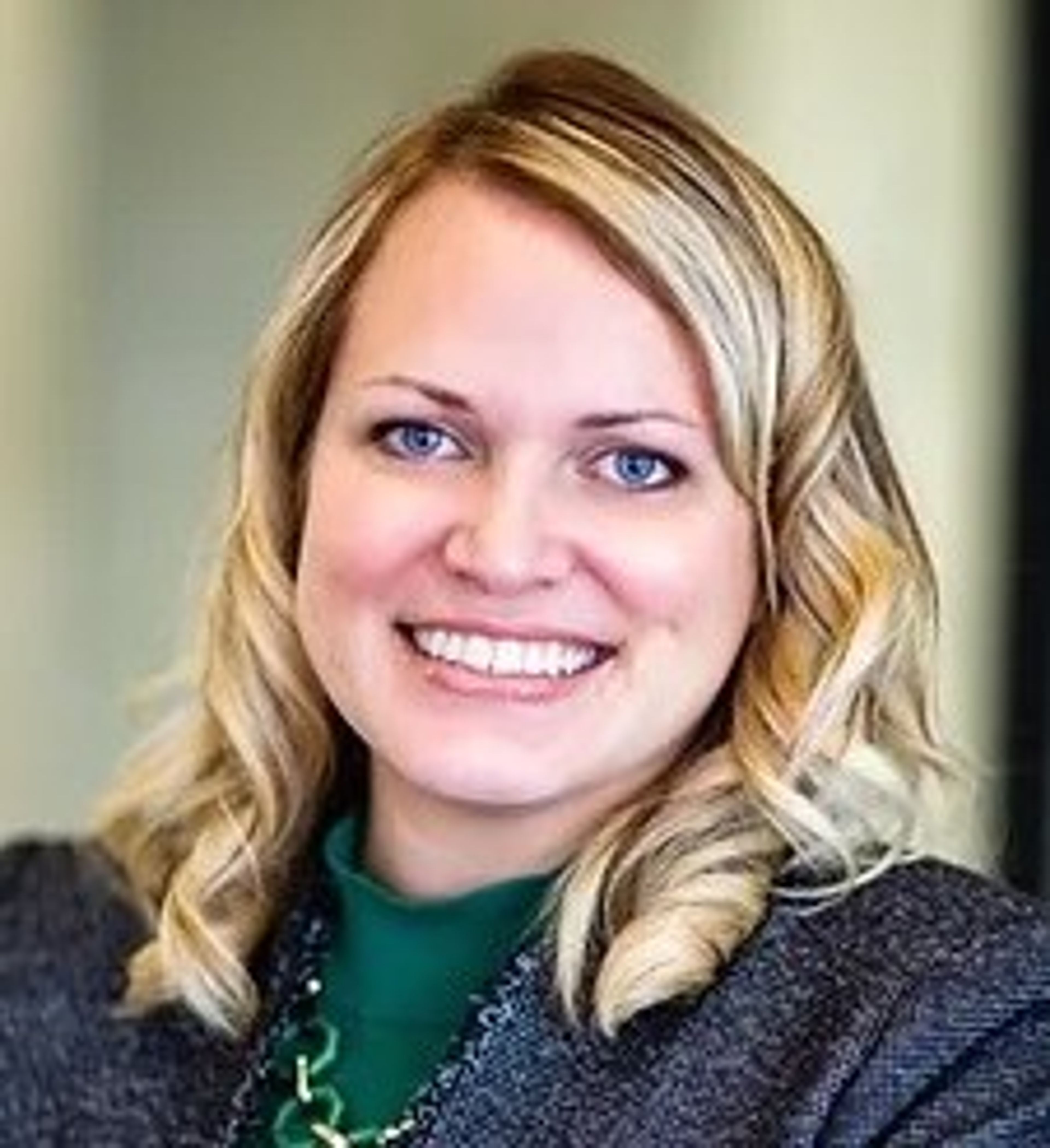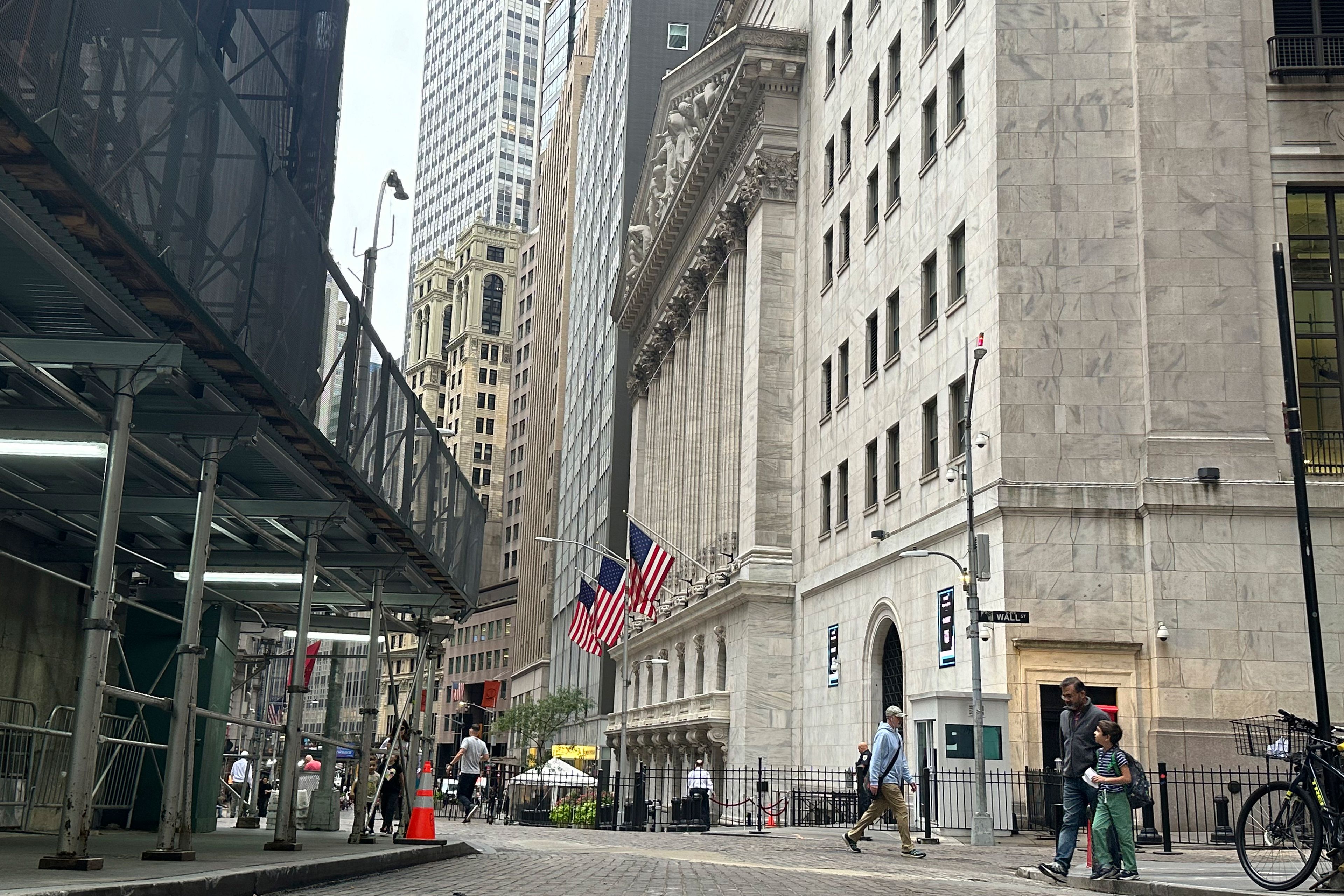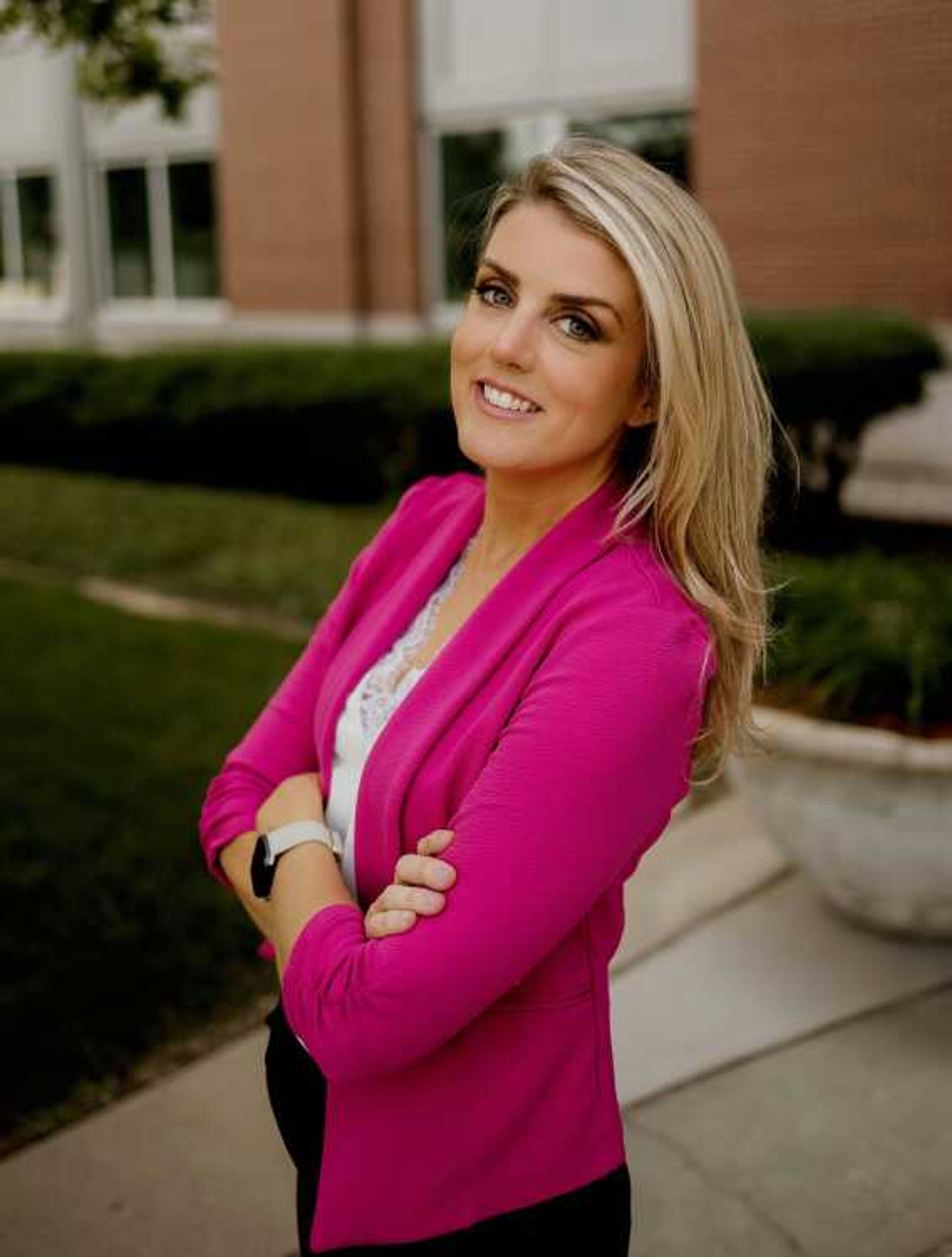SAN FRANCISCO
In the latest blow to the already staggering field of stem cell research, a pioneering scientist is quitting Advanced Cell Technology and abandoning his work trying to clone human embryos.
Jose Cibelli is joining the faculty of Michigan State University, where he will set up a $1 million animal biotechnology lab.
For Cibelli, 39, it means giving up the experiments to which he's devoted the last five years of his life, since it's illegal in Michigan to create and destroy human embryos for research purposes.
Money, along with brains, is draining from the field, despite President Bush's vow 15 months ago to commit federal funds to research human embryonic stem cells, which hold the promise of healing a wide range of diseases and spurring regenerative medicine.
Private funding is nearly nonexistent -- federal monies can only support research on existing stem cell lines -- and obtaining the cells themselves remains exceedingly difficult even for top researchers because of political and intellectual property disputes or the poor quality of the cells themselves.
Of the 78 stem cell colonies worldwide the Bush administration has said are eligible for federally funded research, only about a dozen are in good enough shape to experiment on. Even fewer -- perhaps four lines -- are being shared and sent to other researchers interested in breaking into a field already clouded with political, ethical and scientific questions.
The seven National Institutes of Health-approved lines in India, for instance, can't be shipped because of that country's laws. Geron Inc., which has seven lines at its Menlo Park, Calif. headquarters, won't ship any of its lines unless researchers agree to sign over any discoveries to the company.
(When properly nurtured, stem cells can theoretically replicate forever, creating a colony of cells known as a line. Scientists can then harvest cells from the line to supply researchers).
Only two suppliers
For now, researchers generally have but two suppliers to call on, the University of California, San Francisco or the University of Wisconsin. Both are overwhelmed by demand, slowing distribution.
All of this has investors shunning stem cell companies like the plague.
"It's going to take some time before this very important area of research makes it through the political obstacle course," said Steven Burrill, a biotech venture capitalist.
Advanced Cell, based in Worcester, Mass., temporarily suspended Cibelli's human cloning efforts for lack of money, and also sold its cattle-cloning subsidiary, Cyagra LLC, to raise cash.
Geron, the Menlo Park, Calif.-based industry leader, laid off a third of its work force and cut research spending to bolster its lagging stock price.
Edinburgh, Scotland-based PPL Therapeutics, which helped clone Dolly the sheep, recently announced its stem cell program had "no value" and shuttered it after finding no buyers.
To conserve cash, tiny CyThera Inc., which holds nine of the 78 government-approved stem cell lines, shares a fax machine with a neighbor and leases excess space in its San Diego labs to other companies.
CyThera's cells, which have been stored in a company freezer, could be scientifically worthless, having never been sufficiently examined. An ownership fight over the cells, which were first isolated by researcher Jeanne Loring of Arcos Bioscience, was finally resolved in August.
"No research has been done on them," said chief scientific officer E. Edward Baetge of CyThera, which purchased Arcos. "It's still not clear that any viable stem cell lines are going to come out of it."
Still, the ambiguity surrounding CyThera's stem cells didn't stop the National Institutes of Health from adding them to the official list of lines eligible for federal funding.
Stem cell research, which involves the destruction of human embryos, has suffered politically from critics including the Roman Catholic Church and women's rights groups. The controversy has kept would-be investors on the sidelines, and made some companies reluctant to discuss their work publicly.
Fear of bad publicity
Organizers closed an influential stem cell conference in San Diego to the media last month for fear of bad publicity.
At Advanced Cell, which is still determined to clone human embryos to harvest stem cells, chief executive Michael West said he lost at least one potential investor in the political fallout over human cloning.
Still, West said he is close to announcing a new investment in Advanced Cell, and others in the field insist the work will ultimately pay off in treatments and cures. They hope that by controlling how stem cells create all of the other cells that give rise to the human body, they can grow replacement tissues and organs for the ailing.
"This will happen in time," Cibelli said. "It's a bad climate for biotechnology in general, but this will pass."
------
On the Net
NIH: www.nih.gov
Advanced Cell: www.advancedcell.com
Cythera: www.cytheraco.com
Connect with the Southeast Missourian Newsroom:
For corrections to this story or other insights for the editor, click here. To submit a letter to the editor, click here. To learn about the Southeast Missourian’s AI Policy, click here.








